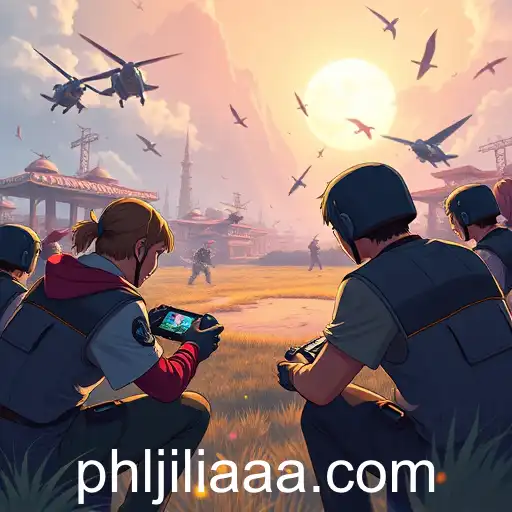
In the ever-evolving landscape of digital entertainment, the concept of online gaming has transcended beyond simple play to form complex social ecosystems. One of the prominent platforms leading this charge is 'jiliaaa,' an English game website that has become a microcosm of global gaming culture.
Established recently, 'jiliaaa' has fostered an environment where gamers can connect, interact, and compete, creating a virtual community that mirrors real-world social dynamics. Its success is indicative of a broader shift in online gaming, where the communal aspect is becoming as important as the games themselves.
The rise of such platforms can be attributed to several factors. Firstly, technological advancements have allowed for smoother, more immersive online experiences. Additionally, the COVID-19 pandemic accelerated the transition of social interactions to virtual spaces, making platforms like 'jiliaaa' critical to maintaining social connections.
Reports from analysts in 2025 indicate that the gaming industry has seen a 20% increase in user engagement, much of which is driven by the community features offered by websites like 'jiliaaa.' These platforms encourage players to engage in forums, live streams, and co-operative gameplay, blurring the lines between gaming and social networking.
Beyond entertainment, these communities also offer educational benefits, with features that promote learning and development among youths. Games that involve strategy, problem-solving, and teamwork are highly prevalent on 'jiliaaa,' demonstrating a shift towards more purposeful game design.
However, the growth of online communities is not without challenges. Concerns over online harassment, data privacy, and inclusivity remain at the forefront of industry discussions. Platforms must continue to evolve their policies to protect users while fostering inclusive environments.
In summary, 'jiliaaa' and similar platforms represent the future of gaming — a future where games are more than just games. They are social spaces, learning environments, and lifestyle choices. As 2025 progresses, the dynamics of these platforms will likely continue to shape modern social interactions in profound ways.


